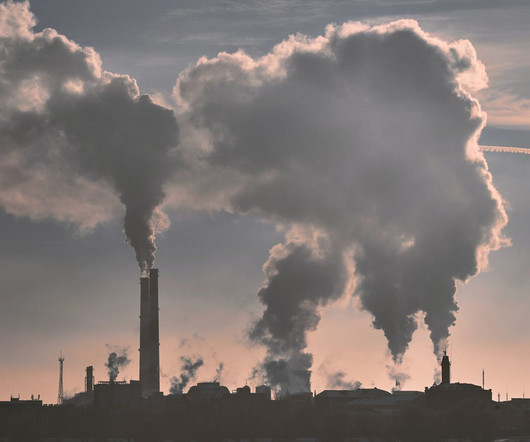Climate Litigation in Japan: What to Expect in 2025
ClimateChange-ClimateLaw
FEBRUARY 27, 2025
In Japan, climate litigation ( / Kiko soshou ) has been used to challenge the legality of the construction and operation of the coal-fired power plants and promote coal phase-out. Subsequently, two administrative cases were filed, one in Kobe in 2018 ( Citizens Committee on the Kobe Coal-Fired Power Plant v. Sendai Power Station ).















Let's personalize your content